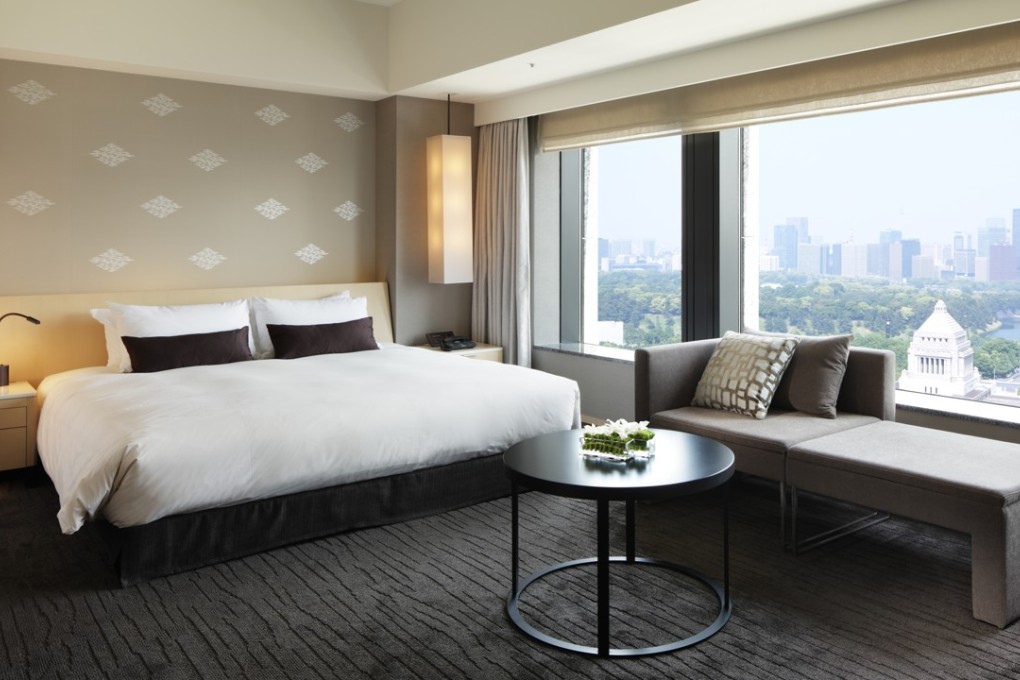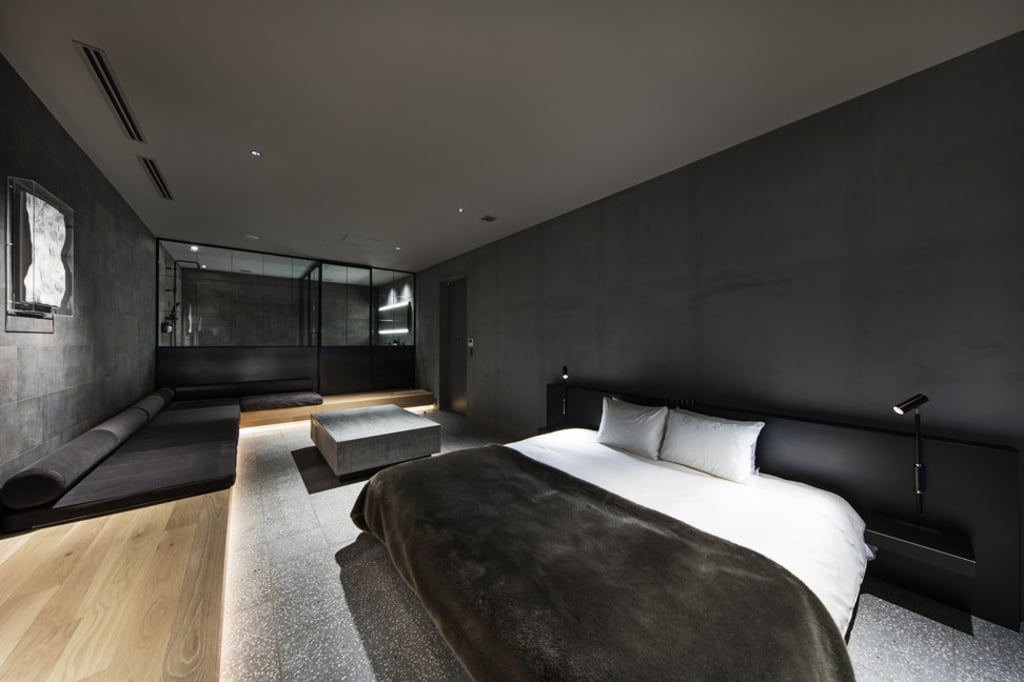2020 Summer Olympics: the best Tokyo hotel and hostel deals after Airbnb crackdown
Bargains will be at a premium after early bulk bookings and a restriction on Airbnb listings that benefits Japanese hotel owners – but good deals can still be found

In August the Hotel Okura Tokyo in the inner-city district of Toranomon announced that all of its 508 rooms were fully booked for the 2020 Summer Olympics in Tokyo.
Most of the rooms have been booked to accommodate officials affiliated with the International Olympic Committee (IOC). Around half of the guest rooms at the Grand Nikko Tokyo Daiba in Odaiba, beside Tokyo Bay, have been snapped up by IOC officials as well.
It may seem unnecessarily early to start planning your trip to the Games, but bulk bookings like these – along with recent restrictions on Airbnb listings – mean accommodation options during July and August 2020 could soon become limited, and those looking for a good deal should act fast. Here is what tourists visiting the Japanese capital during the 2020 Olympics need to know.
Do not presume you can rely on Airbnb
On June 1 this year, the Japanese government made an amendment to the Japanese Hotels and Inns Act, which required Airbnb owners to register their listing by June 15. Those without a valid licence number by the cut-off date had their rental status revoked.

The rules, which limit owners to renting out their properties for 180 days a year, have been criticised by some as restrictive, and could cause a shortage of accommodation during the Games.